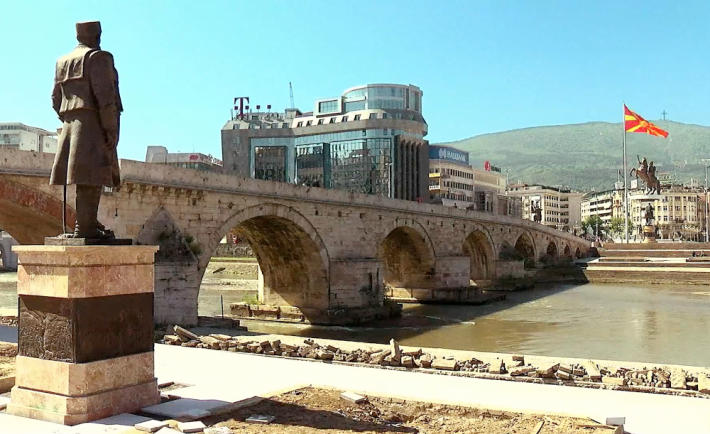.jpg)
Environmental activist from Macedonia talks with a voter about campaign to clean up pollution sites ahead of the 2013 mayoral elections.
Elections are often treated by donors and development practitioners as discrete events that require process-oriented support; like ensuring registration, campaigning, voting and vote counting standards are met. There has been much less emphasis on putting elections to work to advance the collective socio-economic interests of citizens. Financial or technical support to strengthen an election process may result in one that is more inclusive and fair, but even the most credible elections do not guarantee a government that will address citizen needs.
Recently, NDI undertook a review of programs that show how elections can advance the collective interests of citizens. We compiled lessons from NDI programs in Malawi, Macedonia and Turkey to demonstrate the value of taking advantage of election periods during strategic campaigns. Our new website, Putting Elections to Work for Accountability, compiles the findings of the review and features case studies of campaigns in Malawi, Macedonia and Turkey. The

